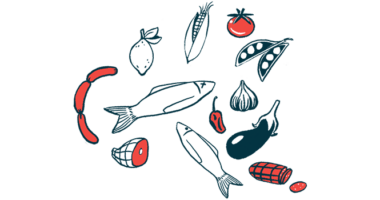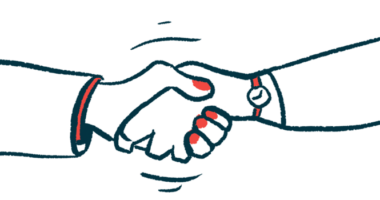I Can’t Let My Fears Limit My Daughter’s Abilities

For parents of a young child with a debilitating condition, sometimes even the most common childhood comments can make the heart skip a beat.
Last week, my daughter Austen ran up excitedly and exclaimed, “Mama, guess what I’m going to be when I grow up?”
You know how they talk about life flashing before your eyes during a near-death experience? Something like that happened to me at that moment.
Suddenly, my stomach was in my throat. And the realization that my husband and I have had that she probably will always live with us became less about me and more about the disappointment it might cause her.
I found myself terrified that she would have her heart set on being a doctor or an astronaut. That she would hold on to this dream and someday realize it couldn’t happen. Or, possibly, she wouldn’t even realize it couldn’t happen and would instead dream about it forever.
No parent wants to dash their child’s dreams, but I feared my child’s dreams would cause another blow to the armor I have built up through the years in my emotional battle as a Dravet syndrome parent.
Amid my panic attack, I felt two little arms grasp around my neck. Austen plopped herself onto my lap and exclaimed, “I’m going to be a unicorn when I grow up!”
I let out a sigh of relief, and then a new kind of guilt kicked in — a pang of guilt that I was letting Dravet win again. I had almost given up on Austen when we haven’t even seen the limits of what she can do yet.
Yes, I know the chances of Austen being a rocket scientist are slim. But they are for your average kid, too.
Although I know she is somewhat behind thanks to constant seizures that have plagued her in the past, and I know that in many cases Dravet syndrome patients are limited cognitively as they get older, the truth is I don’t know how limited she will be in the end.
Austen beats the odds at every turn. When she was a baby, her team of doctors was amazed that she talked, crawled, and even walked on a typical child’s schedule.
She’s learning to read and can count to 100, typical goals for kindergarten-aged children. Yes, her fine motor skills give her trouble, and she is struggling to learn to write. But in an age of computers and technological advances, that is the least of my worries.
No, she might never be a veterinarian or a physicist, but that doesn’t mean she can’t be anything at all. My job as her mom isn’t to keep her grounded and define her limits. It’s to go alongside her, be her cheerleader, and help her break the barriers that Dravet syndrome has set out before her.
Austen has conquered so much this far, I can’t even imagine how far she will go.
***
Note: Dravet Syndrome News is strictly a news and information website about the disease. It does not provide medical advice, diagnosis, or treatment. This content is not intended to be a substitute for professional medical advice, diagnosis, or treatment. Always seek the advice of your physician or other qualified health provider with any questions you may have regarding a medical condition. Never disregard professional medical advice or delay in seeking it because of something you have read on this website. The opinions expressed in this column are not those of Dravet Syndrome News or its parent company, Bionews, and are intended to spark discussion about issues pertaining to Dravet syndrome.








Comments